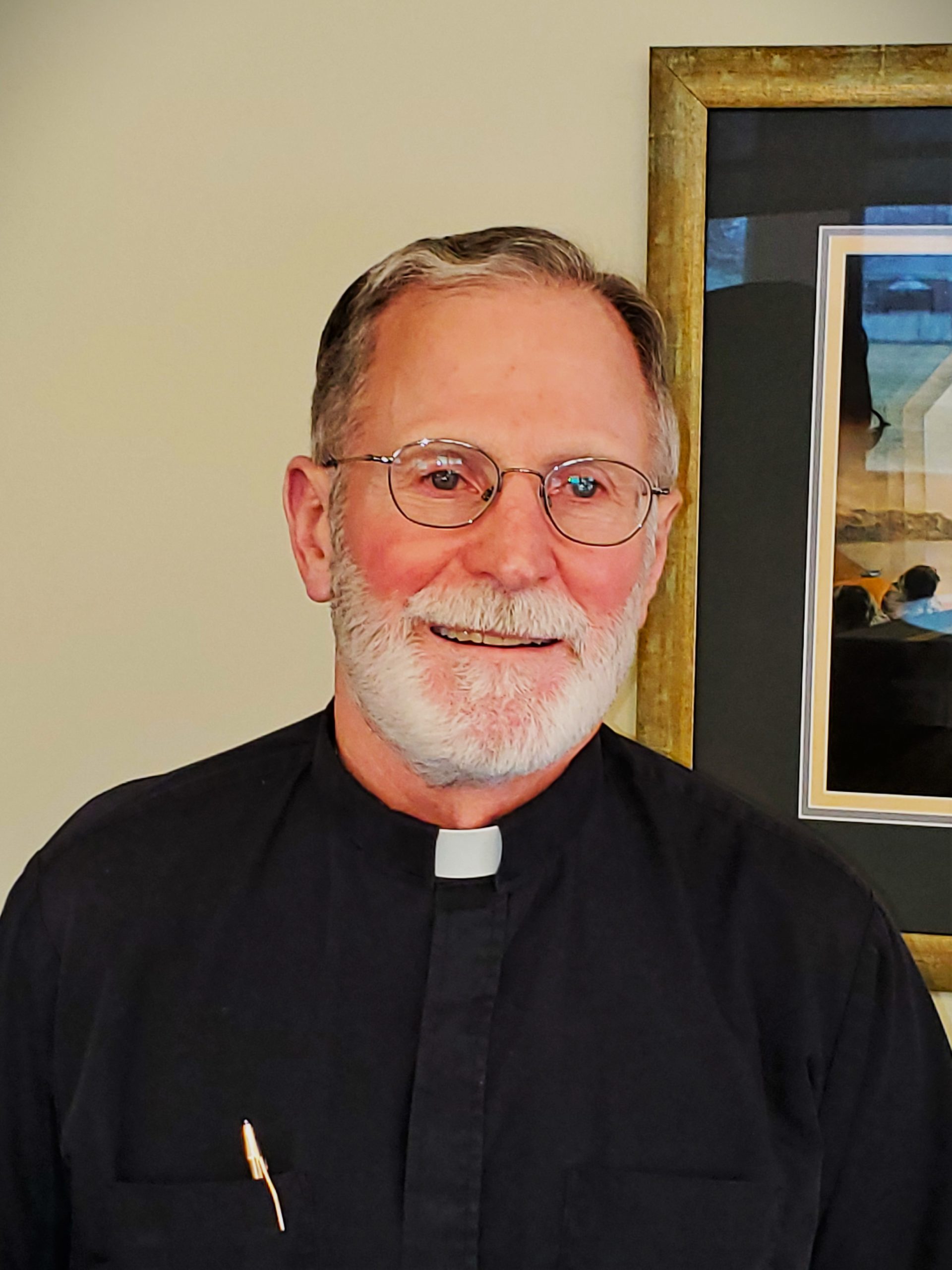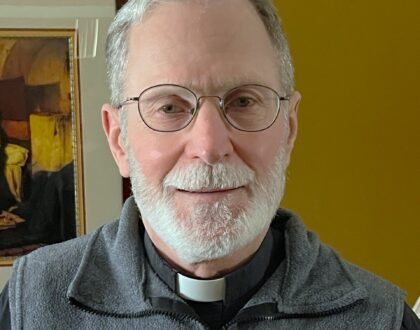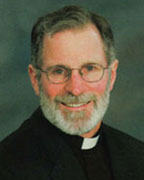Homily, July 28, 2024

From The Pastor
God loves bread and loves to feed the hungry. What is it about bread that God loves so much? Bread is a food staple. Bread in a variety of forms and grains is universal, readily accessible, and reasonably inexpensive. Bread keeps most of the poor of the world alive. Without bread, countless others would die of starvation daily. Bread is God’s friend, and God uses bread daily for the nourishment of body, mind, and spirit.
The closest friends of God also love bread and know its value. Elisha is a friend of God with great zeal for the Divine way for the people of Israel. In his deep love for God, Elisha is richly blessed with the power of God in the Spirit. Elisha is a powerful miracle worker, confident in the Lord with unwavering trust. Elisha is gifted with twenty barley loaves which he directs to be given to the people. The group gathered was a hundred people. The servant resisted, thinking twenty loaves would not be nearly enough to satisfy the large crowd. Without hesitation, Elisha insisted, “Give it to the people to eat.” All ate and were satisfied with still more left over.
This miracle was a work of God, but God needed an agent that would trust and act on the Lord’s behalf. God fed hungry and needy people through the faith of Elisha. More than stomachs were filled that day. Hearts and souls were stirred and given hope through the compassion of Elisha as an agent of God who provided what was needed.
The gospel is a mirror of the same story. With compassion and power, Jesus healed the sick, raised the dead, and brought peace to those who came to him. With this reputation, you can only imagine the crowds that would seek to be in the Lord’s presence. Notice the dynamic. The crowd is not yet present, but Jesus ‘saw that a large crowd was coming to him, so he said to Phillip, “Where can we buy enough food for them to eat?” Jesus is not only the provider of bread, but also a teacher who forms and awakens hearts.
Not having the faith of Elisha, Phillip immediately resists, “Where can we buy enough food for them to eat?” Jesus already knows what he is going to do. He is testing and teaching the disciples to trust in his power to feed and serve those in need. Phillip’s response is typically human. Impossible. Where would we get that much food and how would we pay for it? His tone is dismissive. Andrew points out the boy with the five loaves and two fish. The boy appears willing to share his food with trust and confidence in Jesus. He was likely pleased, feeling important for giving what he had. Jesus takes, gives thanks, and shares the food with the multitude of peoples. All are filled, with twelve baskets left over. An unmistakable miracle that reveals the nature and the power of God. Why twelve baskets? They represent the twelve tribes of Israel, which represents all nations on earth. Jesus is bread for the world.
More is being given than bread for the body. Jesus himself is the Bread that is being given. Consider the hearts of the people whose stomachs were filled. They must have been stirred to faith, inspired with hope, and animated with anticipation over the works of Jesus. Their souls were awakened, which is exactly what Jesus intended to do.
We will read for six weeks from the sixth chapter of John’s gospel on the Bread of Life. Jesus is Bread for the world and the Bread of Jesus will give us eternal life. How do we put a face on that as we receive this Eucharistic food?
We all see people on street corners begging for money. We are all bombarded with solicitations in the mail for donations to support countless agencies who work on behalf of the poor and needy of every kind. How do we respond?
The Eucharist is our teacher. If Jesus is the Bread of Life and we consume this living Bread, then we are to become bread for others. When people are in need and are begging, money is often not their greatest need. Jesus drew people to himself with food for the body that he may give them food for their souls. Knowing and trusting Jesus in our hearts, strengthened by the Eucharist of Jesus, we are called to become bread for others.
With empathetic and attentive listening, a faith-filled person can receive the story and needs of another and not be overwhelmed. Jesus saw the need people had for love, acceptance, belonging, forgiveness, appreciation, and personal validation. Every human being needs these basic foundations for stable human living. Beggers on the street corners want money, but if you listened to their story, I would bet dollars to donuts their greater need is for love in some form of human emotional support. That kind of support is the work of the Eucharist. Jesus gave the Bread of the Father’s love, the food of redemption, and the acceptance of all persons. Be bread for others. Lend an ear, offer a hand of support, speak words of love, hope, and healing. The love given in the Eucharistic bread is most effective when shared with those most hungry for it.
Father John Esper.
Recent Sermons

Homily, March 30, 2025
March 27, 2025

Homily, March 23, 2025
March 20, 2025

Homily, March 16, 2025
March 11, 2025

